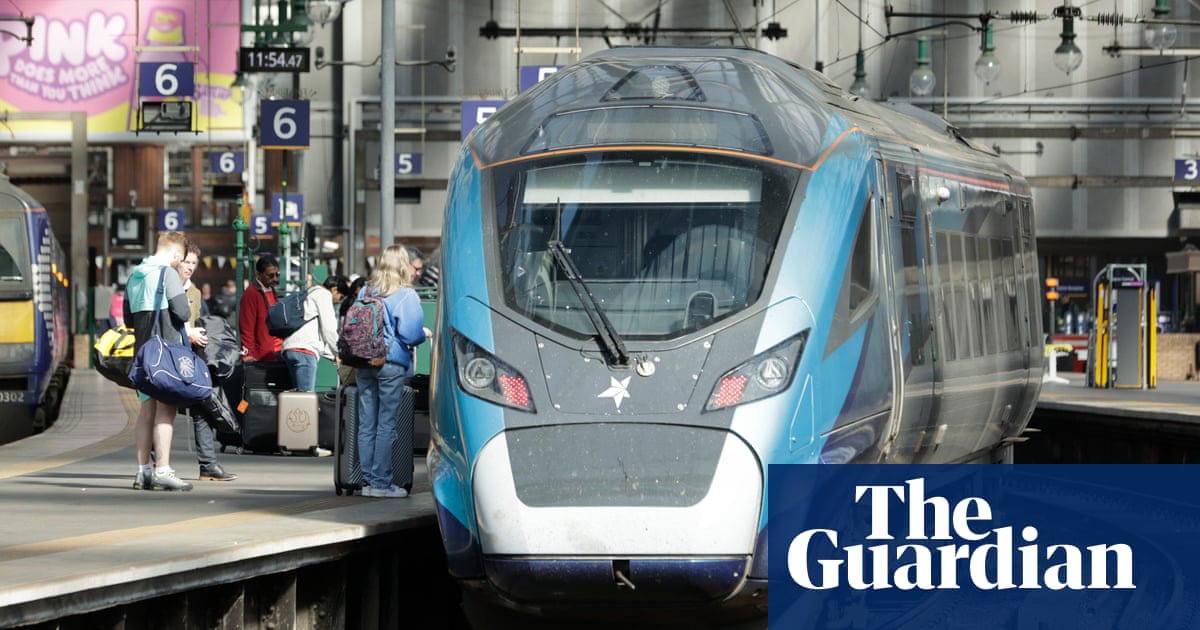Some train operators have excessively prosecuted alleged fare dodgers, according to the rail regulator, which has called for clearer tickets and a fairer system to avoid penalising mistakes.
A report by the Office of Rail and Road (ORR) said passengers who boarded trains without a valid ticket faced “inconsistent treatment and outcomes” across the network, with “disproportionate action” sometimes taken oversmall errors.
The review, commissioned in November by the then transport secretary, Louise Haigh, said fare evasion cost Britain’s railways hundreds of millions of pounds every year and undermined the sense of fairness among paying passengers.
However, the ORR also said it was vital that measures to tackle fare-dodging were “applied appropriately and fairly”.
Cases it noted included a passenger who was threatened with prosecution for accidentally selecting a ticket linked to the wrong railcard – even though the discount and fare paid were the same – and another who faced legal action after a water-damaged printout could not be scanned, despite them later providing proof of the valid ticket.
The regulator urged the Department forTransportto ensure passengers get clearer information about tickets and their restrictions, and to introduce consistent standards for how passengers are treated when ticket issues arise.
Stephanie Tobyn, the ORR’s director of strategy, policy and reform, said: “Effective revenue protection is essential for a sustainable railway, but it must be fair and proportionate for passengers.
“The legal framework and enforcement processes are increasingly complex and appear weighted towards industry, leaving some passengers who make innocent errors vulnerable to disproportionate outcomes. But meanwhile, fare evasion remains a significant problem, and rigorous action should be taken against those who intentionally seek to defraud the railway.”
Peter Hendy, the rail minister, said privatisation had “created a mess of deep-rooted issues across our railway”, and the creation of Great British Railways would “establish oversight and … end inconsistent prosecutions and making sure passengers are treated fairly”.
He added: “Deliberate fare-dodging costs the taxpayer up to £400m annually and must be dealt with, but ham-fisted prosecutions that punish people who have made an innocent mistake is not the way to do this.”
A spokesperson for the Rail Delivery Group, which represents operators, said it welcomed the ORR’s “sensible recommendations”.
They said: “We need to strike the right balance addressing genuine, honest mistakes made by customers and taking firm action against those who deliberately and persistently seek to exploit the system.”
The watchdog Transport Focuscalled for a “yellow card” systemfor passengers who travel without the correct ticket on a national database.
